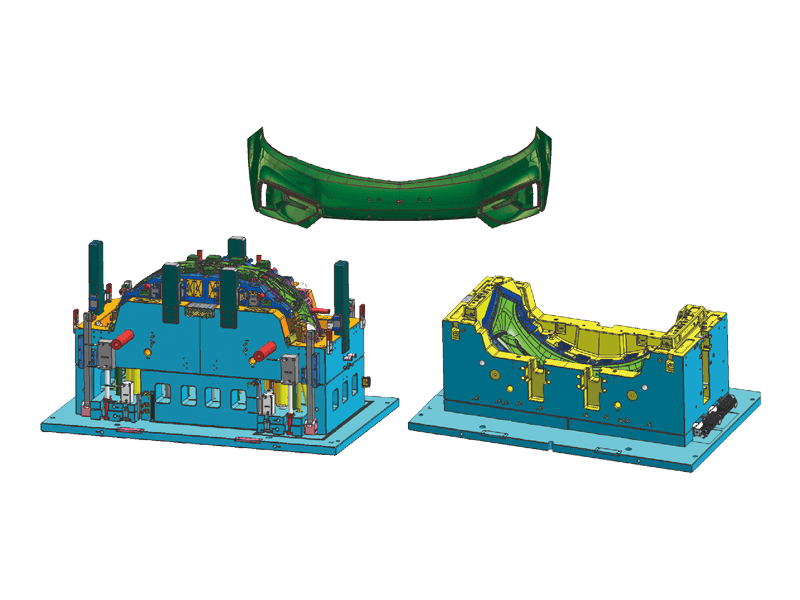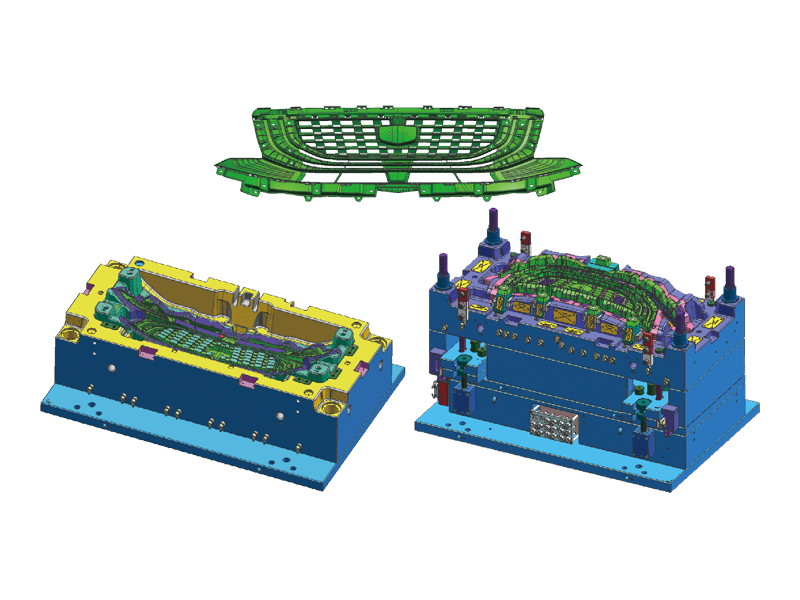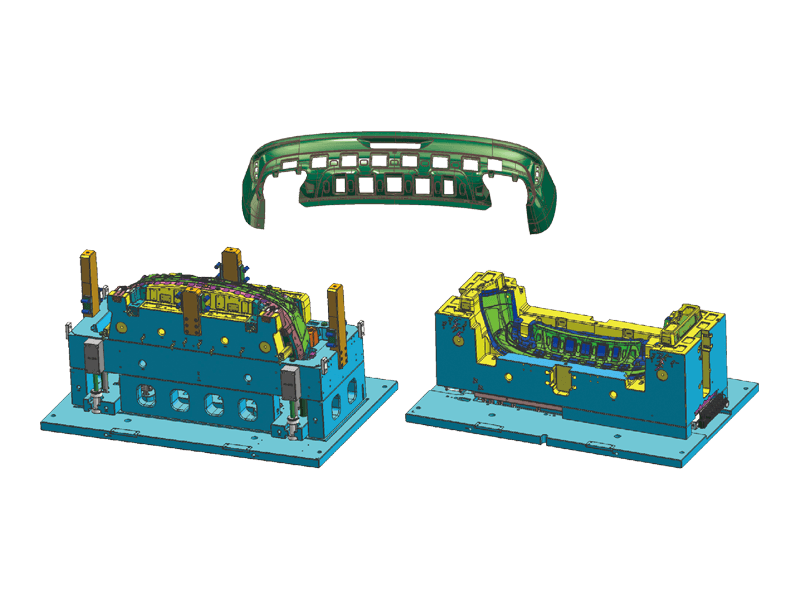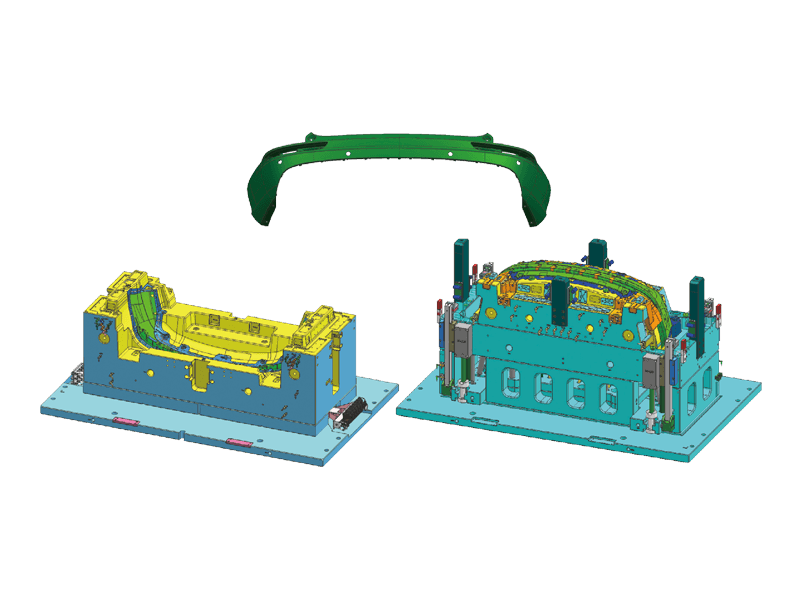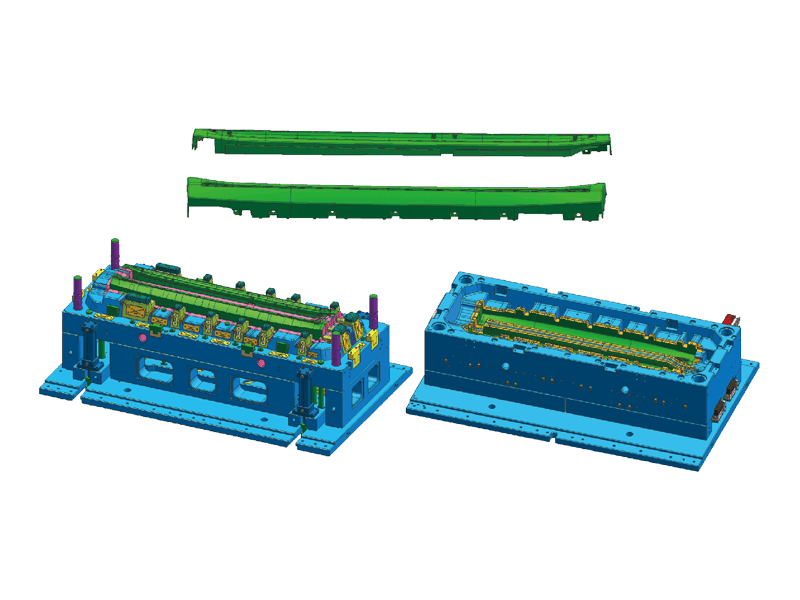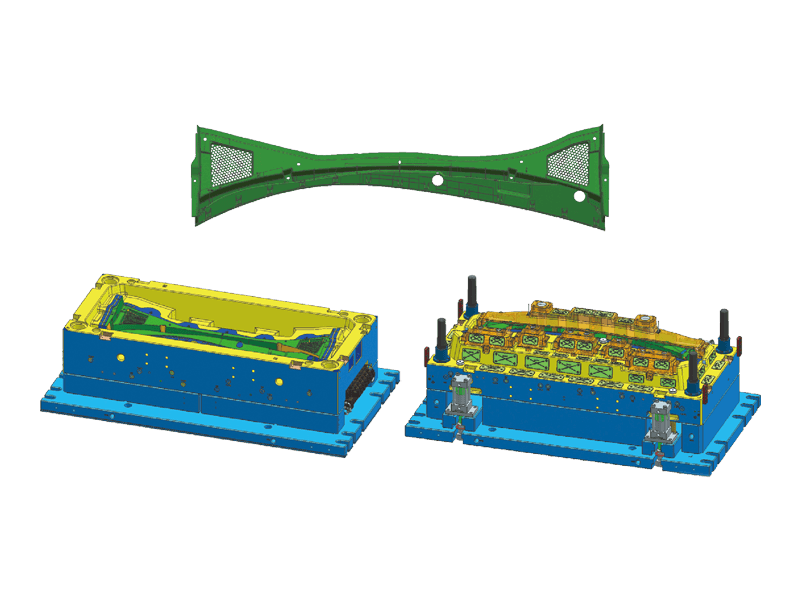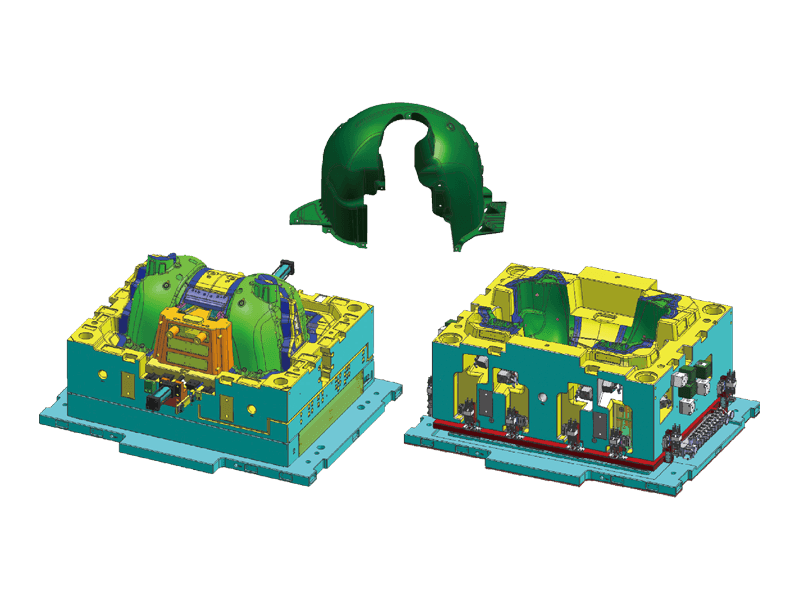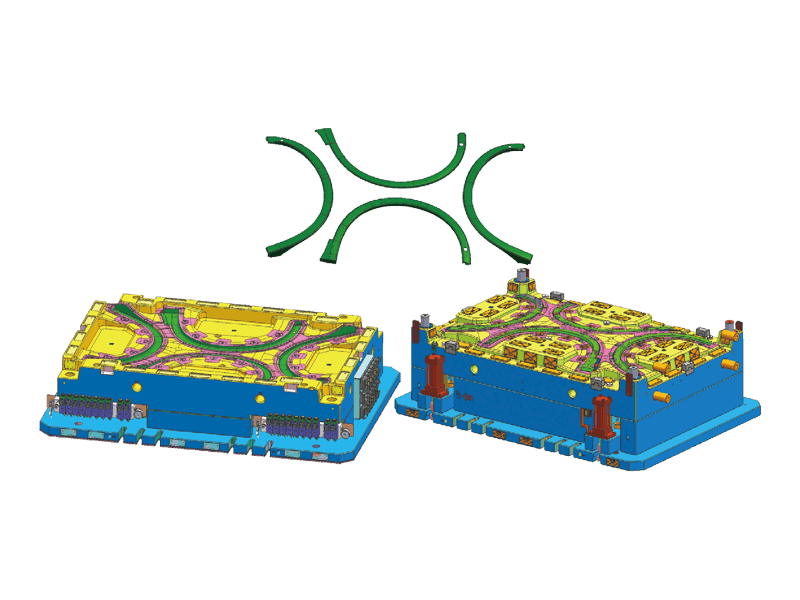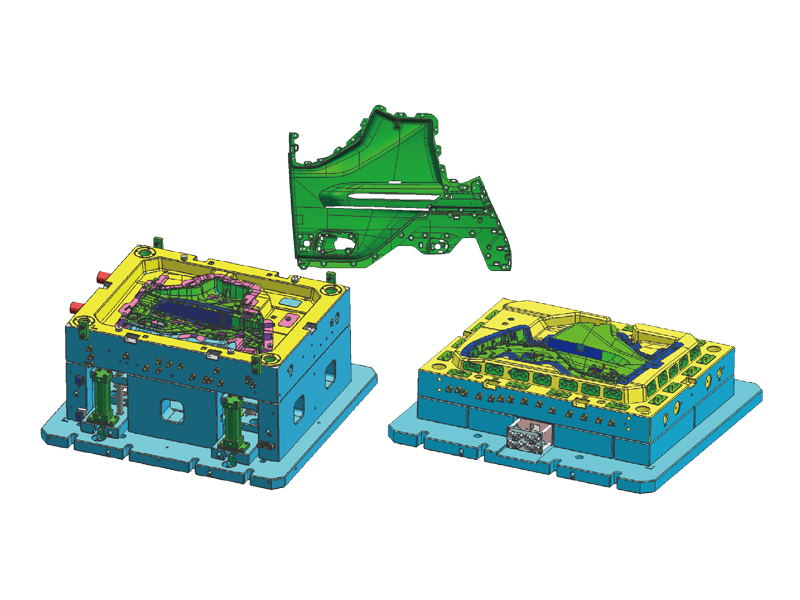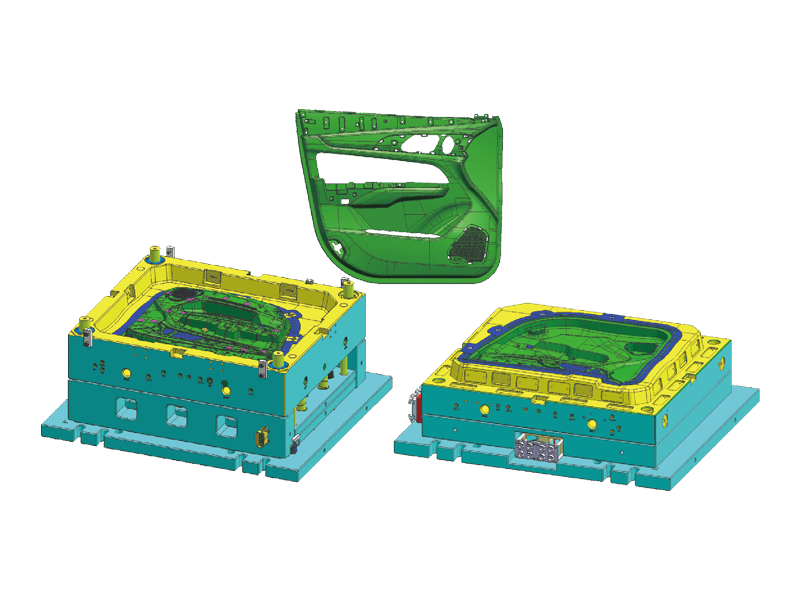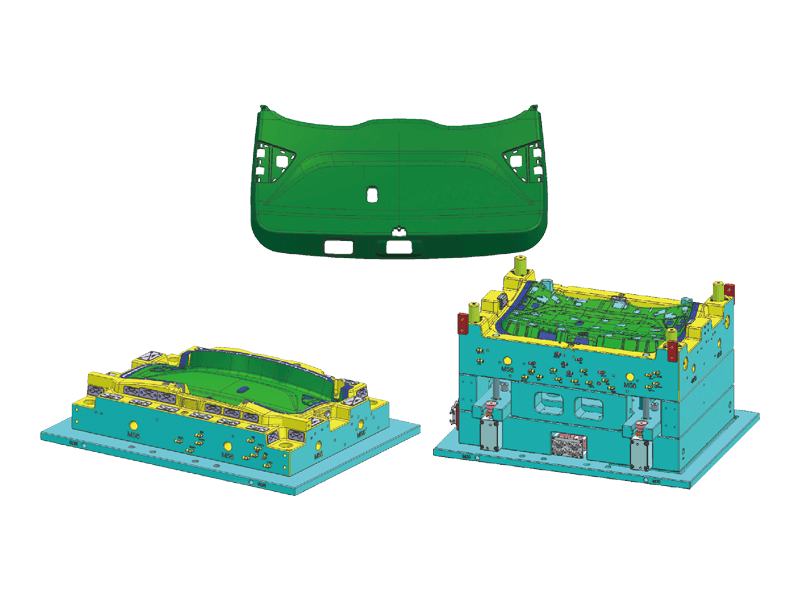In today’s fast-paced and ever-evolving automotive industry, precision, efficiency, and innovation are the driving forces behind manufacturing processes. One of the crucial technologies that have revolutionized the way automotive components are produced is Auto Injection Molding. This highly efficient method of manufacturing has not only elevated the quality of parts but also significantly reduced production costs and lead times. Auto injection molds are now at the heart of the automotive sector, enabling manufacturers to meet the increasing demand for high-performance, cost-effective, and reliable parts with unmatched precision.
What is Auto Injection Molding?
Auto injection molding is a manufacturing process used to produce plastic parts for automobiles. The process involves injecting molten plastic material into a custom-designed mold under high pressure. Once cooled, the mold is opened, and the part is ejected. This technique allows for the production of high volumes of identical parts with exceptional accuracy and consistency. Auto injection molds are designed to produce a wide variety of automotive components, ranging from intricate, small parts like dashboards and door handles to large, structural elements such as bumpers and engine covers.
As the automotive industry continues to demand higher standards in terms of functionality, performance, and design, injection molding technology has adapted to meet these needs, providing manufacturers with a robust solution for producing complex and lightweight components with a high degree of durability.
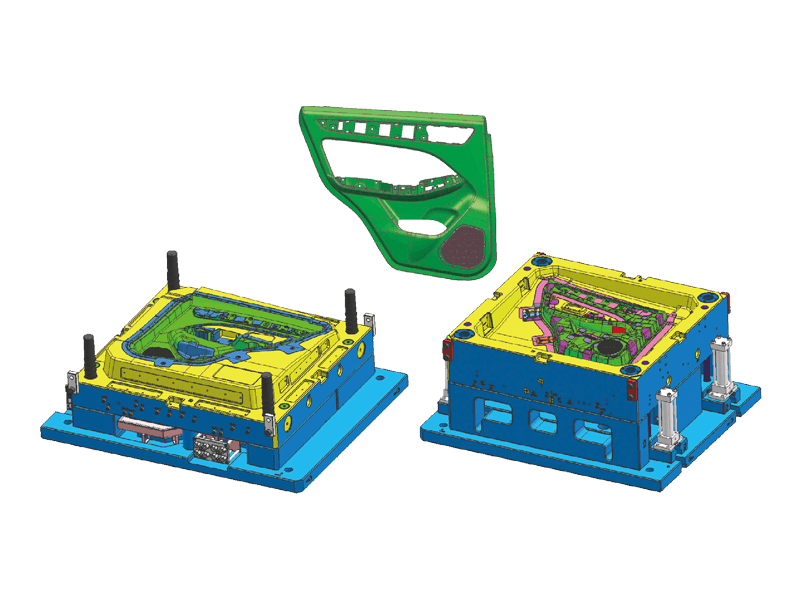
Benefits of Auto Injection Molds in Automotive Manufacturing
Precision and Accuracy
One of the significant advantages of auto injection molds is the ability to create parts with an exceptional degree of precision. The highly controlled nature of the injection molding process ensures that every component meets tight dimensional tolerances, which is crucial in the automotive industry where even the slightest deviation in part dimensions can lead to performance issues or assembly difficulties.
Whether it’s a complex interior part such as a control panel or a structural component like a side mirror bracket, auto injection molds ensure a fit, which translates into better overall vehicle assembly. This precision minimizes rework and defects, improving production efficiency and reducing costs.
High Volume and Efficiency
The speed and efficiency of auto injection molding make it an ideal choice for high-volume automotive production. The process can be automated to run 24/7, producing large quantities of parts in a relatively short amount of time. This high production rate is crucial for the automotive industry, where demand for certain components can fluctuate but must still be met promptly.
In addition to producing parts quickly, injection molding helps optimize material usage, reducing waste and making the process more cost-effective. This is a particularly important factor for automakers looking to balance cost control with quality assurance. The ability to produce millions of identical parts with minimal variance is one of the main reasons why injection molding is so popular in automotive manufacturing.
Material Flexibility and Durability
Auto injection molding is highly versatile when it comes to the types of materials that can be used. From traditional thermoplastics to advanced composites, manufacturers can select the appropriate material for the specific requirements of the part. Whether it’s a lightweight, flexible component or a more rigid, high-strength part, injection molding can accommodate a wide range of materials to meet diverse automotive needs.
Materials like polycarbonate (PC), polypropylene (PP), acrylonitrile butadiene styrene (ABS), and reinforced thermoplastic materials are commonly used in automotive injection molding. These materials offer properties like impact resistance, heat resistance, and strength, all of which are essential for ensuring the longevity and safety of automotive components. Moreover, the durability of injection-molded parts ensures that they will withstand the rigors of daily driving, including exposure to UV rays, temperatures, and harsh weather conditions.
Design Flexibility
Another major advantage of auto injection molds is their ability to produce highly complex geometries and intricate designs. Automotive manufacturers increasingly rely on injection molding to create parts with detailed features such as textured surfaces, integrated fasteners, or built-in air vents. This design flexibility is essential in the development of modern vehicles, where aesthetics, functionality, and ergonomics must be seamlessly integrated into every component.


 English
English 中文简体
中文简体